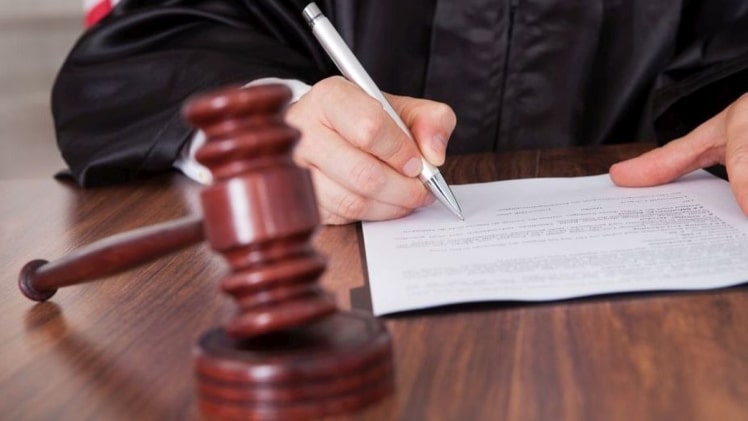Defamation is categorized under personal injury because when it happens, it leads to harm to personal or professional reputation. Apart from ruining your reputation, defamation can also cause other damages, even injuries. If a person makes a false statement whether published or spoken about you, and you suffer harm, you can sue the person for defamation. However, the law surrounding defamation is different in states. Therefore, you need to know what is applicable if you are in Texas. Learning how to file a defamation lawsuit is crucial, and that is why you need to work with an attorney from the best personal injury law firm in Fort Worth, TX. The following are the prerequisites for filing a defamation lawsuit.
How to File the Lawsuit
As mentioned earlier, defamation laws are state-specific, and that means the process of filing the lawsuit will depend on where you are. Generally, some things are common in all states. Here is the process:
- Determine if you have a valid claim of defamation
- Gather reasonable evidence
- Decide where to file the lawsuit
- Comply with state defamation requirements
- Consider other resolutions to the dispute
- File a complaint
- Serve the complaint
In a defamation lawsuit, you must provide valid proof to show the liability of the defaming party. Our defamation lawyer will help you determine the type of evidence you need to produce to make your case strong against the perpetrator. The evidence you need to provide can be in different forms. Here are the main forms of evidence you should deliver in the lawsuit.
-
Physical Evidence
Physical evidence is tangible evidence. Evidence that can be touched or seen. For instance, you can bring a printed magazine containing the defamatory statement.
-
Witness Evidence
Witness or testimonial evidence involves bringing witnesses to court to make the statements verbally. The evidence is offered in court by oath or affirmation.
-
Illustrative Evidence
This is evidence that demonstrates or represents the evidence already introduced in court. For instance, you can introduce the occurrences during the timeline of defamation.
-
Documented Evidence
The evidence included documents carrying defamation statements. For example, if the defamation happened on a channel like Facebook, the defamation post will be the documented evidence.
How to Get Evidence
Mostly, evidence of defamation is gathered from witnesses and documents. You can also consult with experts or conduct legal research. Here are a few ways of collecting evidence.
-
Witnesses
This is the most effective way of gathering evidence for a defamation lawsuit. You must come up with a list of the people who read or heard the defamatory statement. The information given by the witnesses must be accurate and verified.
-
Legal Research
You also need to know how the law in Texas interprets defamation and the terms used.
-
Gathering Documents
If the statements were written in a newspaper, a magazine, or on social media, you will need copies of them. Collect every document that will prove your claim.
-
Consulting Professionals
It is not always easy to know the damage you suffer from defamation. Consulting experts to help you assess the damage and documenting this assessment is vital.
Dealing with Defamation?
Defamation is considered a serious issue, considering the damage it can do. Therefore, if you are in this situation, it is vital to call our defamation lawyer in Texas to help you file a lawsuit against the offender.

